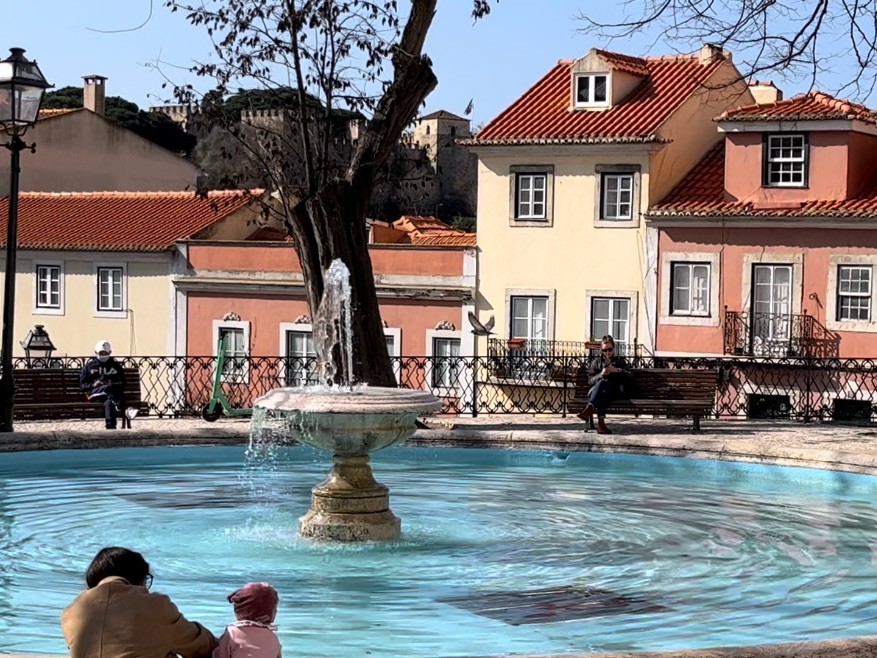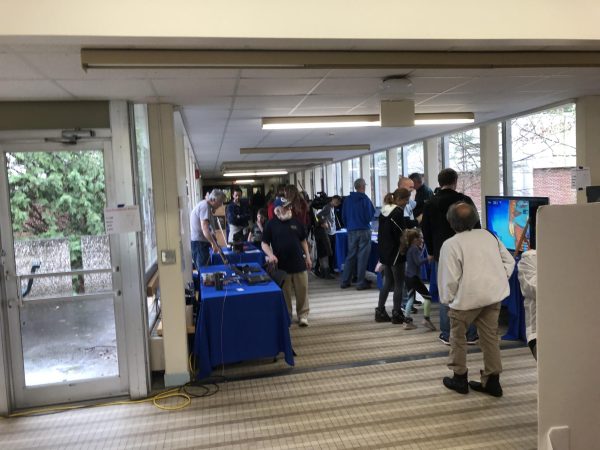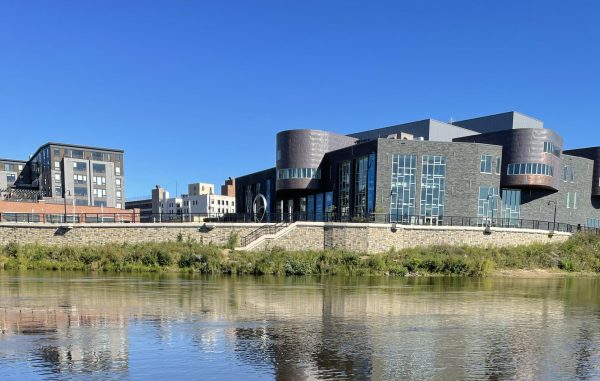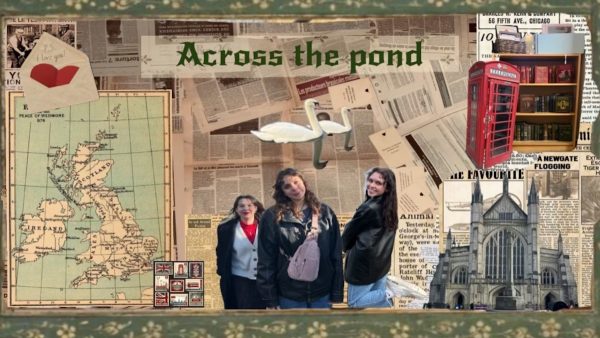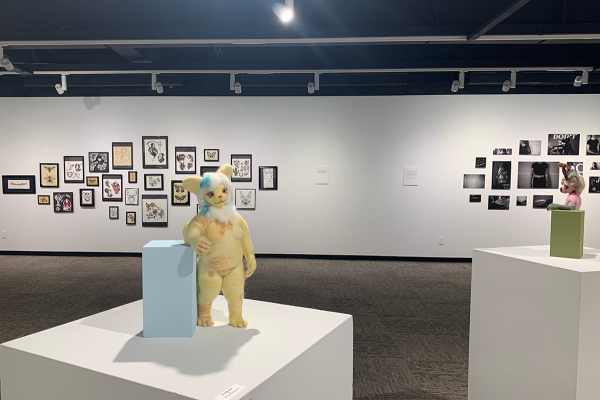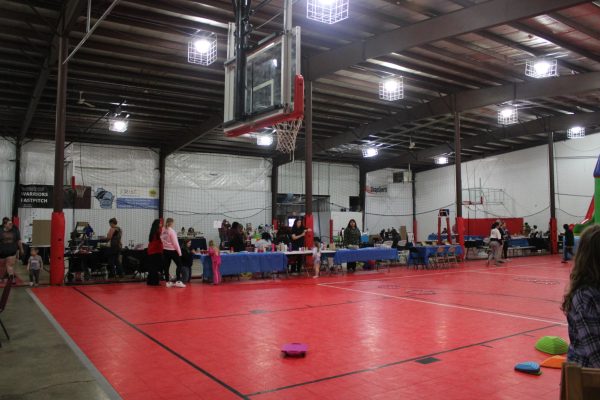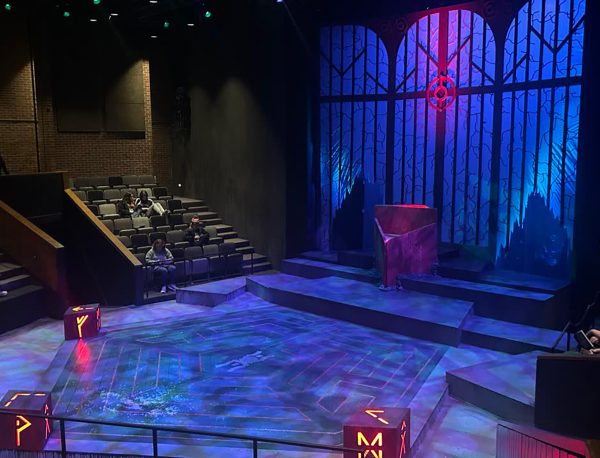Across the pond
Polyglottery in Portugal
Photo by Grace Schutte
When you met a stranger, the first thing you asked was, “What languages do you speak?”
Note: “Across the Pond” is an on-going column in which freelance writer Grace Schutte will be writing about her study abroad experience in Valladolid, Spain.
This past week was Carnival: A week-long outdoor party that at one point held some religious origins but is now an excuse to drink outside and stumble through winding cobblestone streets at ungodly hours.
It’s very similar to Mardi Gras if that helps give you an idea.
But today, I’m not here to talk about the shenanigans of Carnival, nor the number of inebriated men and women I saw peeing on the streets. Today, I’m talking about the Portuguese language.
The university I’m studying at while in Spain granted us students a few days off to indulge in all the antics of Carnival. So, when the time came, a group of my friends and I hopped on the cheapest Ryanair flight to Portugal we could find.
Portugal is a small country situated to the west of Spain. Many assume they are similar, thanks to their proximity. But, they have always been geographically separated and are two distinct countries, with their own unique languages.
My friends and I hadn’t given this much thought beforehand. Regardless, we soon found ourselves in the Lisbon airport with no way to communicate.
Or so we thought.
We made our way to a line for taxis outside the main doors of the airport — our hostel was an hour-and-a-half walk away, and we were all tired from our travels. At the head of the line, a police officer helped direct the different groups to their rides. He spoke English and managed to snag a taxi big enough for our group.
We quickly learned our driver — a quiet, older gentleman — did not speak English. I helplessly showed him the address on my phone and sat back, ready for a 20 minute ride of silence.
But, every once in a while, he would speak up, usually to point out a monument or an area of town we needed to visit while we were here. But when he did, it was always in Portuguese. And the crazy part is, I understood him.
When spoken, Portuguese — to me, at least — sounds like a combination of Italian and French, with its lilting, almost sing-song sound. All the s’s are more like z’s, a characteristic at direct odds with Spanish, and the ends of the words are less pronounced.
Despite all of this, because Portuguese and Spanish share Latin as a foundation, I could comprehend what he said in his language and respond in my own.
My mind was blown.
Generally speaking, it is normal for Europeans to speak more than one language; however, because Lisbon, the capital of Portugal, is a top tourist destination, most speak three or four.
The fact that we were there during Carnival, a time of influx for travel, amplified this even further. When walking down the street, more than five distinct languages could be picked out at any given time. When you met a stranger, the first thing you asked was, “What languages do you speak?”
My little language learning heart was soaring the whole time.
It felt wrong to speak in English while in Spain. I mean, the reason I’m here in the first place is to improve my second language — in Portugal, though, it was like an added tool in my arsenal. That, and my Spanish, broken and imperfect as it may be, was another valid option for communication.
Do I now have the urge to drop everything and learn Portuguese? Have I already looked up apartment prices in Lisbon? Yes, and yes. But, now that I’m back in Spain, I’m reminded of all that I still have to discover here.
What a world we live in.
Schutte can be reached at [email protected].
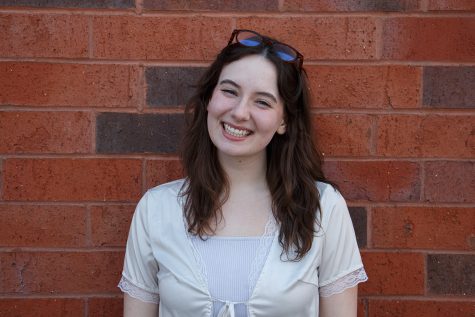
Grace Schutte is a fourth-year creative writing and Spanish student. This is her fifth semester on staff, having previously served as a staff writer, Chief Copy Editor, a freelance writer, Currents Editor, and now as the OP/ED Editor. She is currently daydreaming about living softly. She is very content.

